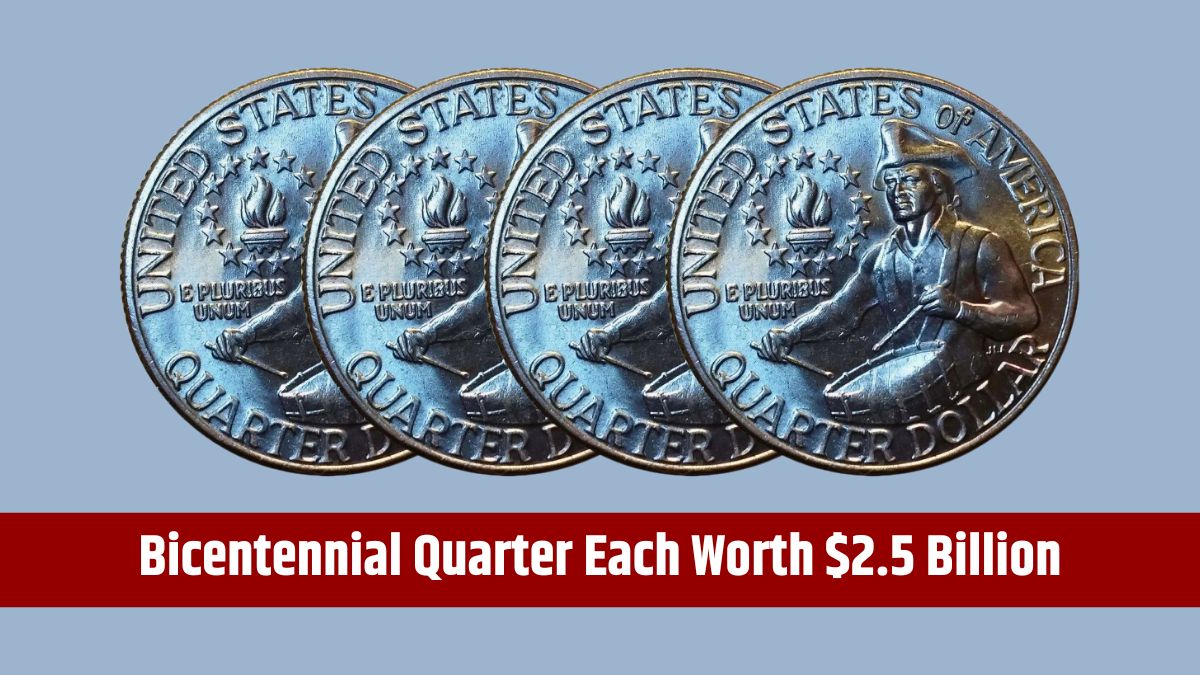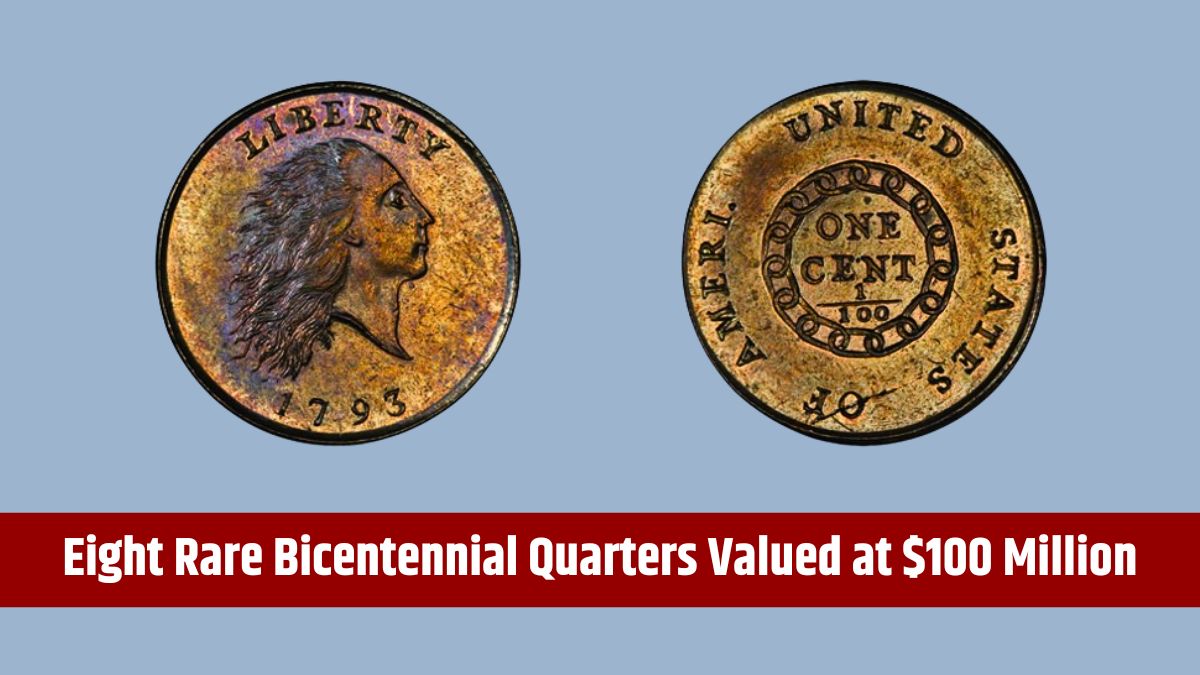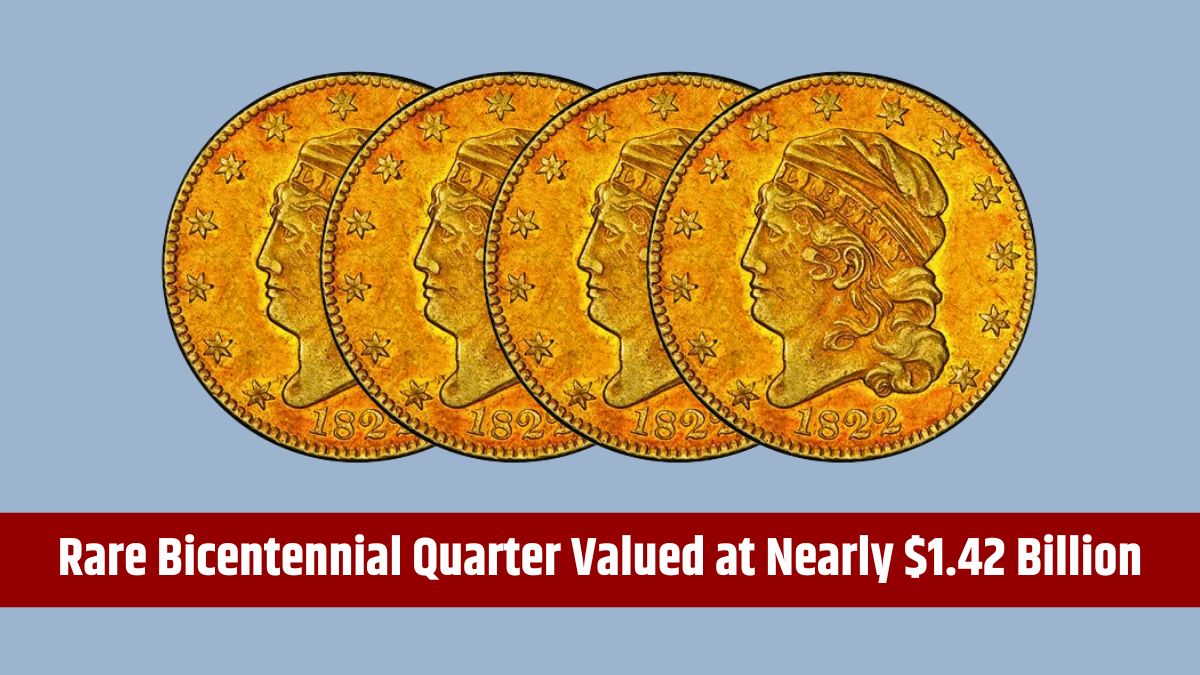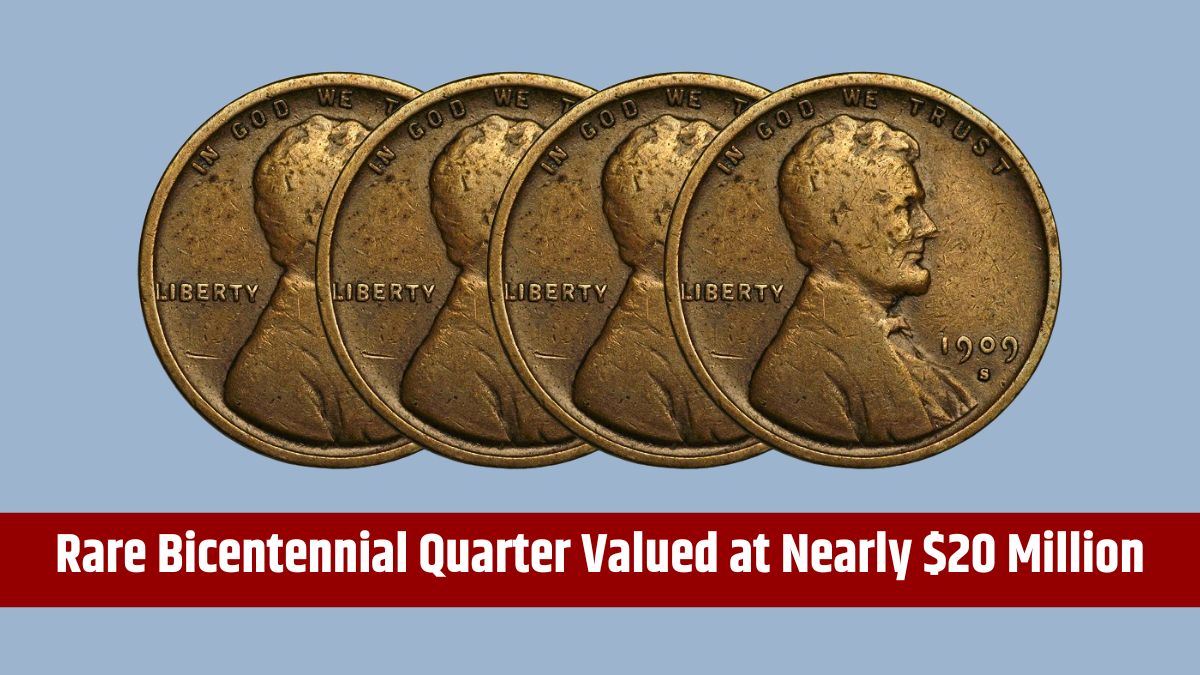Congress is gearing up to vote on a pivotal piece of legislation that could significantly enhance Social Security benefits for millions of Americans. The proposed bill, known as the Social Security Fairness Act, seeks to eliminate two controversial provisions—the Windfall Elimination Provision (WEP) and the Government Pension Offset (GPO)—which currently reduce Social Security benefits for many public sector workers.
Introduced by Representatives Abigail Spanberger (D-VA) and Garret Graves (R-LA), the bill has garnered broad bipartisan support, with 325 cosponsors. While this number is more than enough to force a vote on the House floor, the bill’s sponsors are pushing for immediate action to ensure that it is addressed promptly.
WEP and GPO
The WEP and GPO have long been contentious issues for public sector workers. These provisions were originally introduced to prevent what was perceived as “double-dipping”—receiving both a government pension and full Social Security benefits. However, critics argue that these rules unfairly penalize individuals who have dedicated their careers to public service.
Windfall Elimination Provision (WEP): This provision affects workers who have held jobs not covered by Social Security, such as certain public school teachers, firefighters, and police officers. The WEP reduces the Social Security benefits that these workers earned through other employment where they did pay into the Social Security system. For example, a teacher who worked part-time in a Social Security-covered job could see their benefits significantly reduced because of the WEP.
Government Pension Offset (GPO): The GPO reduces spousal and survivor benefits for individuals who have government pensions from jobs not covered by Social Security. In some cases, the GPO can cut these benefits by up to two-thirds, severely impacting the financial security of surviving spouses who rely on these benefits.
Impact
The Social Security Fairness Act aims to correct what its proponents see as an unjust penalty imposed on public servants. According to Spanberger and Graves, the WEP and GPO have unfairly stripped millions of Americans—teachers, firefighters, police officers, and other public servants—of their rightful Social Security benefits. These individuals have served their communities, often in roles that do not pay into Social Security, and are now facing reduced benefits in retirement.
The bill’s passage would be a significant victory for the roughly 2.8 million Americans currently affected by these provisions. Many of these individuals have seen their Social Security benefits reduced, leaving them with less financial security as they enter retirement. This reduction in benefits can be particularly devastating for those who rely heavily on Social Security as a primary source of income.
Bipartisan Push
Despite the strong bipartisan support for the Social Security Fairness Act, progress on the bill has been slow. Spanberger and Graves have expressed frustration with the lack of movement and are using every tool at their disposal to bring the issue to a vote. They argue that public servants deserve the same retirement benefits as other Americans who have paid into the Social Security system and that the time for action is now.
Financial experts like Alex Beene, a financial literacy instructor at the University of Tennessee at Martin, have highlighted the importance of this bill. Beene described the potential passage of the Social Security Fairness Act as a “game changer” for those affected by the WEP and GPO. In an era where every dollar counts, especially for retirees on fixed incomes, eliminating these provisions could provide much-needed financial relief.
What Happens Next?
As Congress prepares to vote on the Social Security Fairness Act, many public servants are hopeful that the legislation will finally pass. The removal of the WEP and GPO would not only correct decades of financial injustice but also offer a critical boost in benefits to millions of Americans. Given the ongoing concerns about the long-term sustainability of Social Security, this bill could provide an additional layer of financial security for those who have been unfairly penalized.
The outcome of this vote will be closely watched, not just by public sector workers but by all Americans who are concerned about the future of Social Security.
FAQs
What is the Social Security Fairness Act?
A bill to eliminate WEP and GPO, increasing benefits for public servants.
What are WEP and GPO?
Provisions that reduce Social Security benefits for certain public sector workers.
How many people are affected by WEP and GPO?
Approximately 2.8 million Americans are currently impacted.
Who introduced the Social Security Fairness Act?
Representatives Abigail Spanberger (D-VA) and Garret Graves (R-LA).
Why is this bill important?
It could significantly boost Social Security benefits for public servants, providing greater financial security.
















